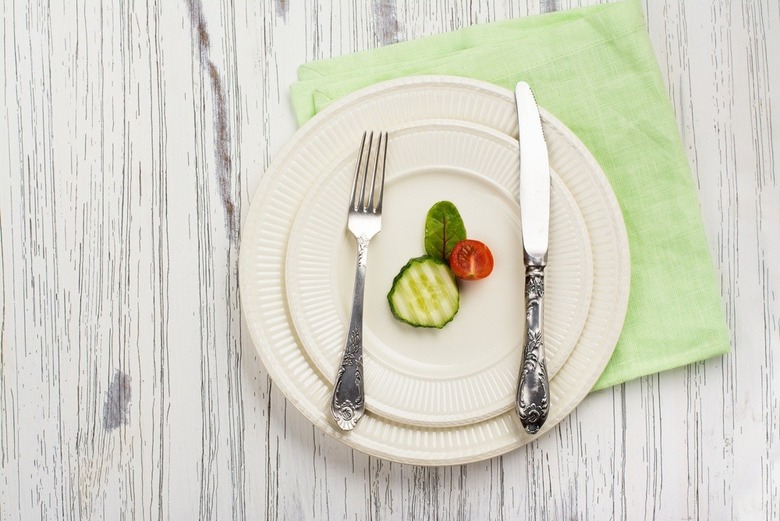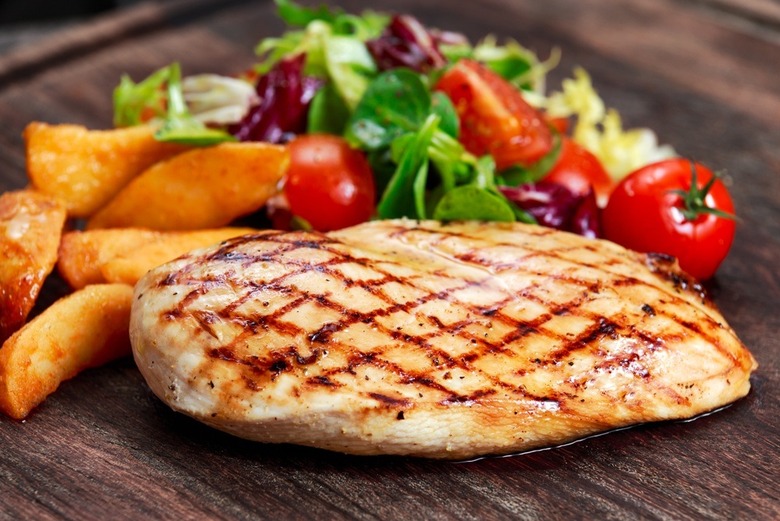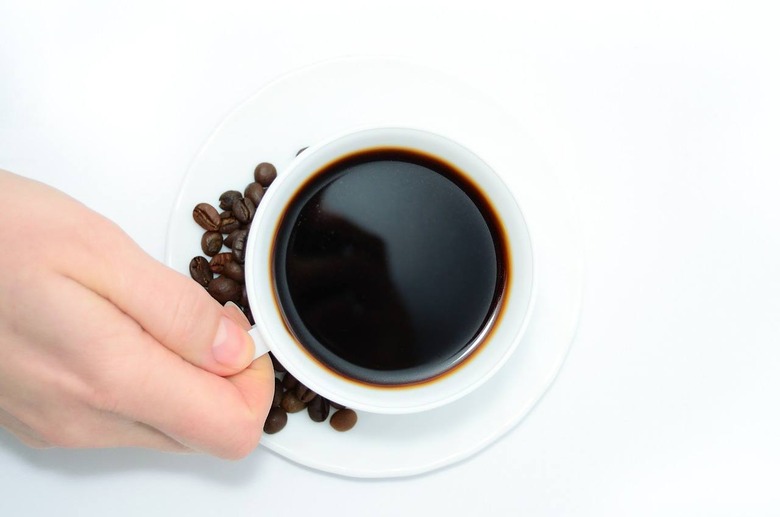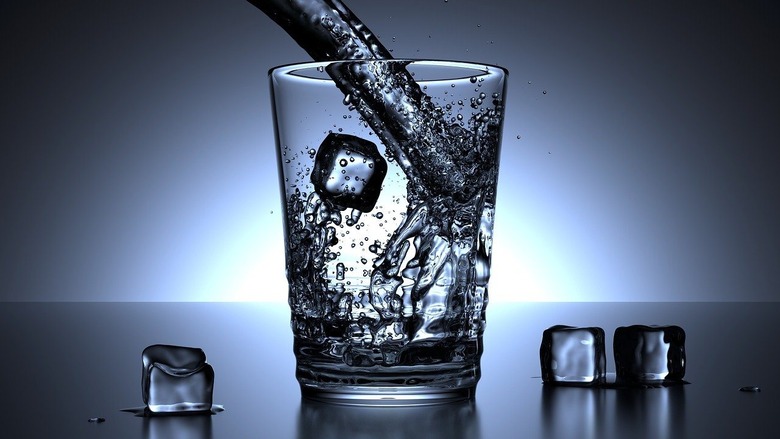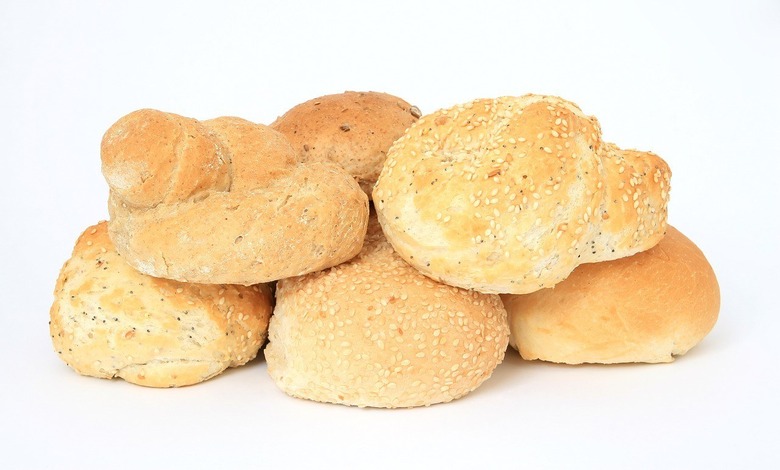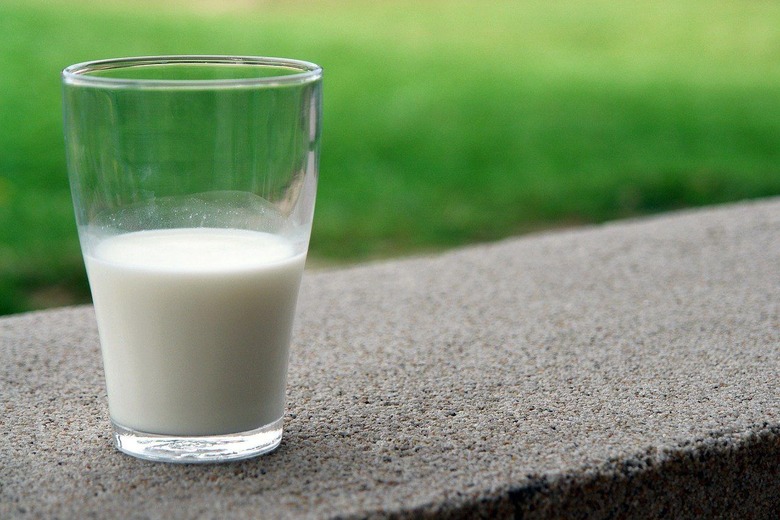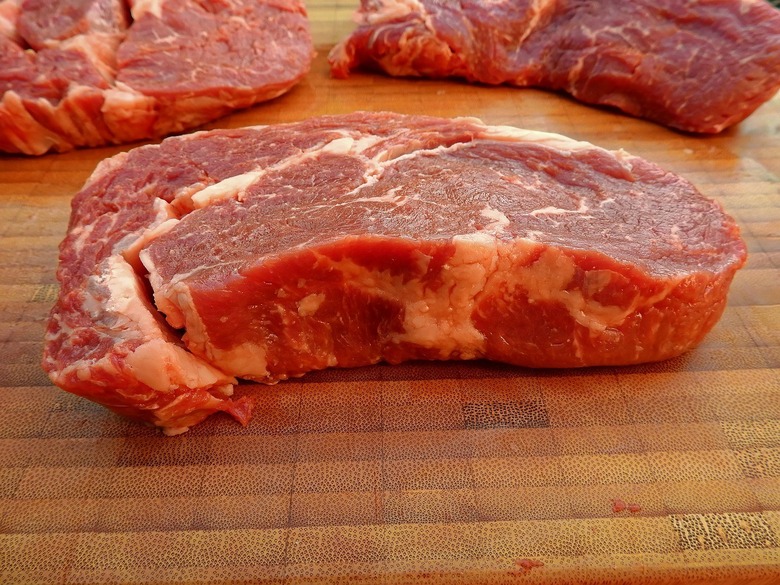8 Ways Your Diet Is Sabotaging Your Metabolism Slideshow
Cutting your caloric intake is the foundation of weight loss, but eating too little won't help maintain your ideal weight in the long run. The body requires calories to perform all of its necessary functions, but when this energy isn't available, the body actually slows down its metabolic rate in order to conserve energy and keep everything running.
You’re Not Eating Enough Protein
Building muscle is the best way to burn extra calories, but not getting enough protein in your diet can bring your metabolism to a grinding halt. Protein is made up of amino acids that help build, repair, and maintain muscle tissue, but without enough protein, the body falls into a catabolic state where it fuels itself by breaking down muscle, rather than fat, for energy.
For eight sources of protein every vegan needs to know about, click here.
Your Diet Lacks Caffeine
A cup of coffee or tea is the perfect morning pick-me-up, but a jolt of caffeine may also kick your central nervous system into high gear. This extra energy can accelerate metabolism by 5 to 8 percent. One Japanese study found that drinking a cup of brewed tea could actually raise a person's metabolic rate by 10 percent.
You’re Not Drinking Your Water Ice Cold
Water is the ultimate healthy beverage: It makes you feel full, it has zero calories, and drinking it prevents you from guzzling down sugar-sweetened beverages, but it can actually help you burn more calories throughout the day. Drinking ice-cold water forces the body to expend more energy (and calories) in order to warm it up to body temperature.
You’re Eating Too Many Simple Carbohydrates
White bread, white rice, pizza, and pastries won't satisfy your hunger because they lack any dietary fiber. Research shows that fiber can increase the body's ability to burn fat, and that people who consume more fiber gain the least amount of weight over time. Try incorporating some whole grains into your dieting by swapping in brown rice, whole-wheat bread, and fibrous vegetables.
Click here for surprising sources of fiber to add to your diet.
You’re Not Getting Enough Calcium
Taking in more calcium won't speed up your metabolism, but having a calcium deficiency might slow it down. Calcium plays an important part in determining whether calories are burned for energy or stored as fat. Research shows that a diet high in calcium may help burn more fat.
Click here to see read about 10 important vitamins and what they do.
Your Diet Lacks Iron
Postmenopausal women are especially susceptible to an iron deficiency, but a lack of this essential mineral can slow down anyone's metabolism. Iron is necessary for transporting oxygen through the blood and into the muscles, as well as for energy metabolism. Beef and tofu are great sources of iron, as well as lentils, kidney beans, and prune juice.
Click here to see if you suffer from one of these common nutrient deficiencies.
You’re Drinking Too Much Alcohol
Sipping a glass of red wine may be the equivalent of an hour at the gym, but having too many drinks hinders your body's ability to burn fat. The body can't store alcohol, and therefore makes metabolizing it a priority. Once alcohol moves into the liver, it is converted into acetate, which research has found to slow the breakdown of fat.
